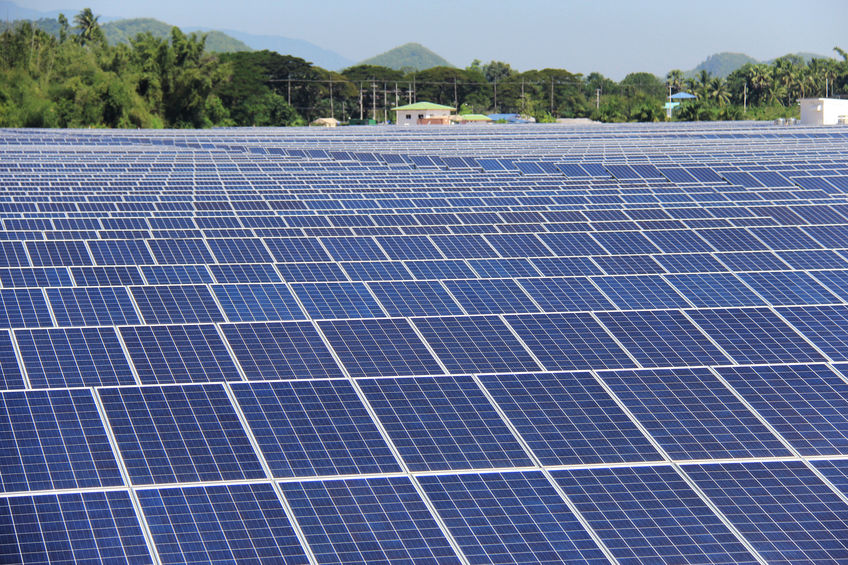For the second time in 15 months, residents of rural Culpeper County, Virginia have risen up against a proposed massive solar array project, forcing the would-be developers to withdraw their application to put the renewable energy facility in the county’s picturesque rolling farmlands.
North Carolina-based Strata Solar had planned to build the $200 million, 1,700-acre, 149 megawatts project on cleared timberland in southern Culpepper. The land on which the industrial-sized solar array was to be built was zoned agricultural in keeping with the rural character of the area.
Maroon Solar, the name the developer gave to the project, was supposed to be another step on the way to a “carbon-free” energy future, but local officials and nearby residents raised strong objections. The Culpepper County Board of Supervisors (BOS) evaluated the project and, on Nov. 12, held a well-attended, four-hour public hearing on a request by Strata for a conditional-use permit for Maroon Solar. While some supporters of renewable energy, joined by a few property-rights advocates, spoke out in favor of the project, far more of those present expressed alarm over Maroon Solar’s effect on natural resources, property values, and the area’s scenery.
Permit Request Denied
In the end, county officials did not approve the request for a permit due to the scope of the project. A week later, Strata abruptly withdrew its request to go ahead with the project. While the developer has the right to resubmit its application, it would have to start the whole process all over again. Not an appealing prospect.
Susan Ralston, president and founder of Citizens for Responsible Solar, was pleased to hear that the developer had yanked its request for a permit.
“The Planning Commission heard our appeals and their unanimous vote sent an important message that the current solar policy, regarding the size of the project and its impact on the rural character of the county, were important factors in denying Maroon’s application,” she said in an email to starexponent.com.
The apparent demise of Maroon Solar is similar to the fate that befell Cricket Solar, a project of California-based BaWa, in August 2019. After Cricket Solar, a proposed 1,600-acre project, failed to secure a permit from the Culpepper BOS, the developer walked away, but has since expressed an interest in renewing its application. That, however, was before Maroon Solar’s setback.
The county did approve a smaller, 1,000-acre project in 2018, known as Greenwood Solar. However, the project’s neighbors sued, and Greenwood Solar has been tied up in litigation. Meanwhile, the original permit has expired.
More Battles Nationwide Set to Come
With an administration set to take power in Washington that will go out of its way to promote giant wind and solar projects, battles such as just took place in central Virginia will become commonplace across the country. The Culpepper example, shows, however, that these projects that deface the countryside, create serious environmental cleanup problems, and ultimately fail to deliver reliable energy can be stopped by determined citizens.
